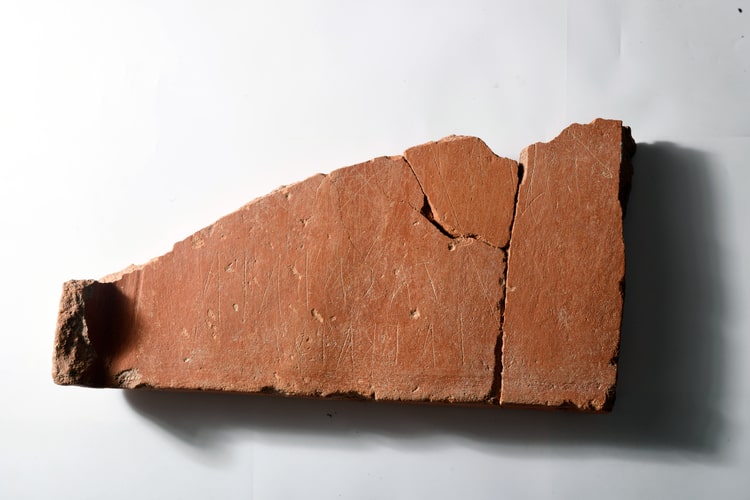
A 2,500-year-old dice game board with Phrygian script was discovered
In the ancient city of Daskyleion, a 2,500-year-old dice game board belonging to a Persian man was found, which experts consider an important discovery for Anatolian history.
It was determined that the inscription found on the dice game board at the Daskyleion archaeological site in Hisartepe, Ergili neighborhood of Bandırma district in Balıkesir, was written in Phrygian letters and reads “Bagabazos’s dice game.”
Head of the Excavation Team Muğla Sıtkı Koçman University Archeology Department Lecturer Prof. Dr. Kaan İren, from the French National Scientific Research Center, Dr. He said he was examined by Rostyslav Oreshko.
İren “Dr. Oreshko made an important discovery in terms of Anatolian history. The piece found appears to be a dice game board and has the inscription ‘Bagabazos’ dice game’ or ‘The dice player Bagabazos’. It is stated that he is an individual. His name is mentioned as Megabazos in ancient Greek sources. This game board, dating to the 5th century BC, represents the first such archaeological find. It was found in Anatolia at that time and was discovered in Daskyleion.” said.
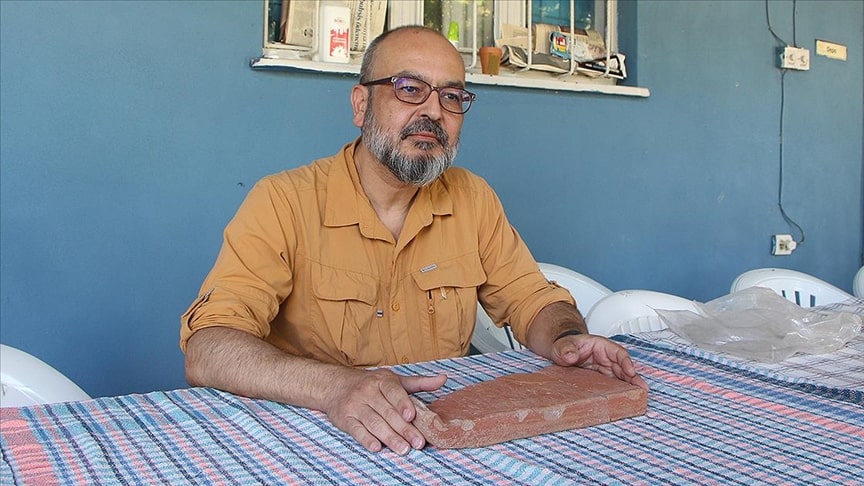
Kaan İren also mentioned that they determined the Frig structure they reached this year to be the city entrance wall and tower dating back to the 8th century BCE. He stated that the 4-5 meter-high wall and the tower with a thickness of 8 meters would add visual appeal to Daskyleion.
“The research we conducted in the kitchen revealed that the Lydians consumed dog meat.”
Prof. Dr. İren provided the following information regarding the kitchen from the Lydian period they had previously discovered in Daskyleion:
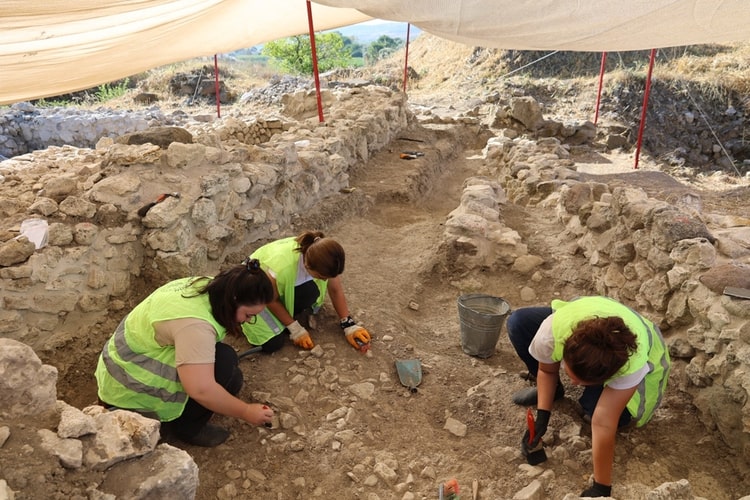
“We initiated our studies on the Lydian cuisine in 2022. During the excavations related to the eating and drinking traditions of the Lydians, we uncovered animal bones, seeds, and kitchen utensils in 2022. In the process, we also came across the bones of two cats and a mouse. This finding indicated that the Lydians kept cats to control mice infestations. In our 2023 excavations, we found dog bones. Our research in the kitchen revealed that the Lydians consumed dog meat. We are meticulously continuing these excavations. Furthermore, our research has led us to discover legumes, lentils, chickpeas, fava beans, wheat, and barley. We also identified that the Lydians made bread-crumb soup. Among our findings is the pigment plant used in the dye industry.”
Cover Photo: AA
You may also like
- A 1700-year-old statue of Pan unearthed during the excavations at Polyeuktos in İstanbul
- The granary was found in the ancient city of Sebaste, founded by the first Roman emperor Augustus
- Donalar Kale Kapı Rock Tomb or Donalar Rock Tomb
- Theater emerges as works continue in ancient city of Perinthos
- Urartian King Argishti’s bronze shield revealed the name of an unknown country
- The religious center of Lycia, the ancient city of Letoon
- Who were the Luwians?
- A new study brings a fresh perspective on the Anatolian origin of the Indo-European languages
- Perhaps the oldest thermal treatment center in the world, which has been in continuous use for 2000 years -Basilica Therma Roman Bath or King’s Daughter-
- The largest synagogue of the ancient world, located in the ancient city of Sardis, is being restored

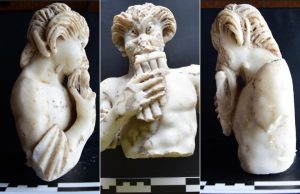
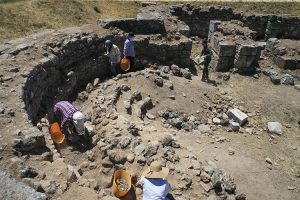
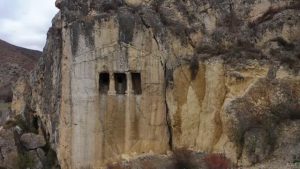
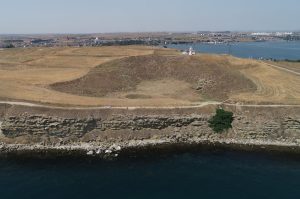
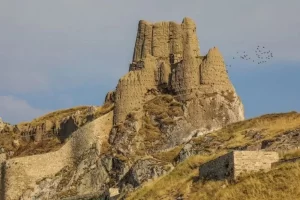



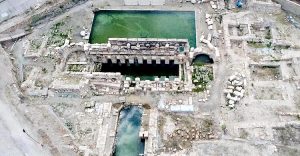
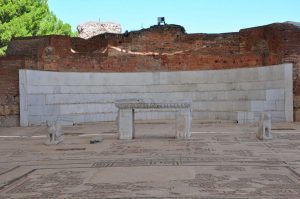
Leave a Reply